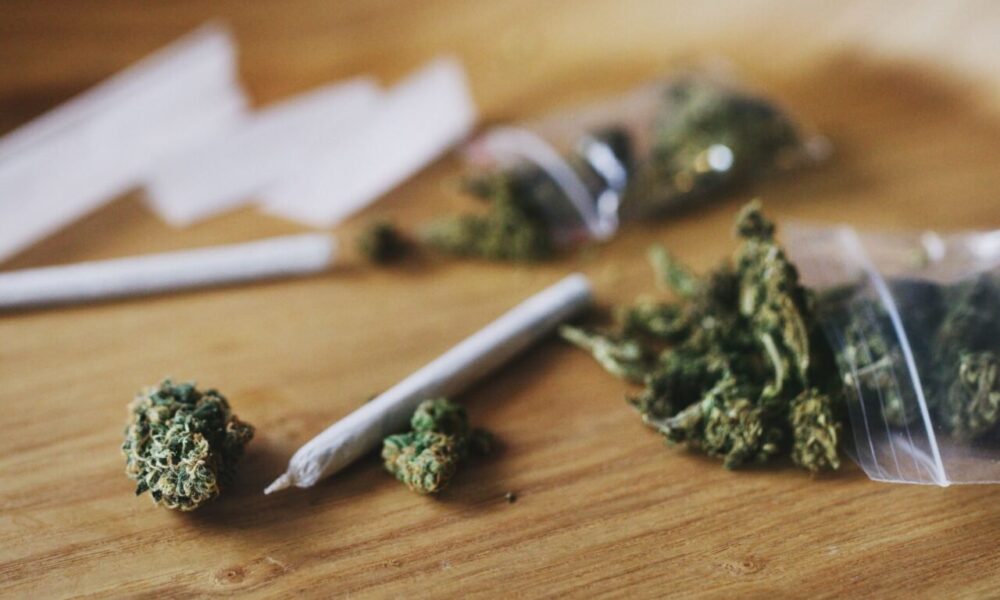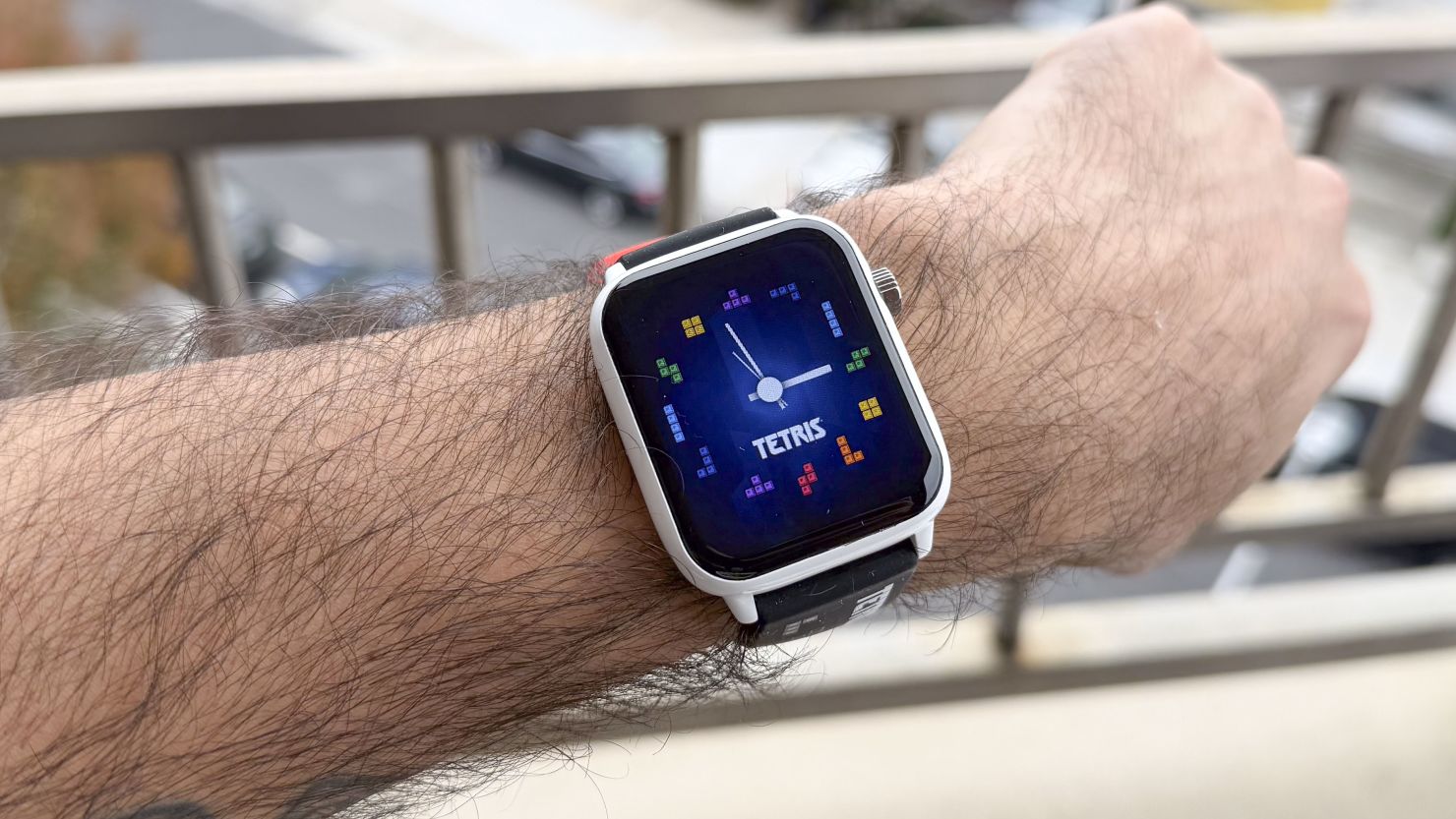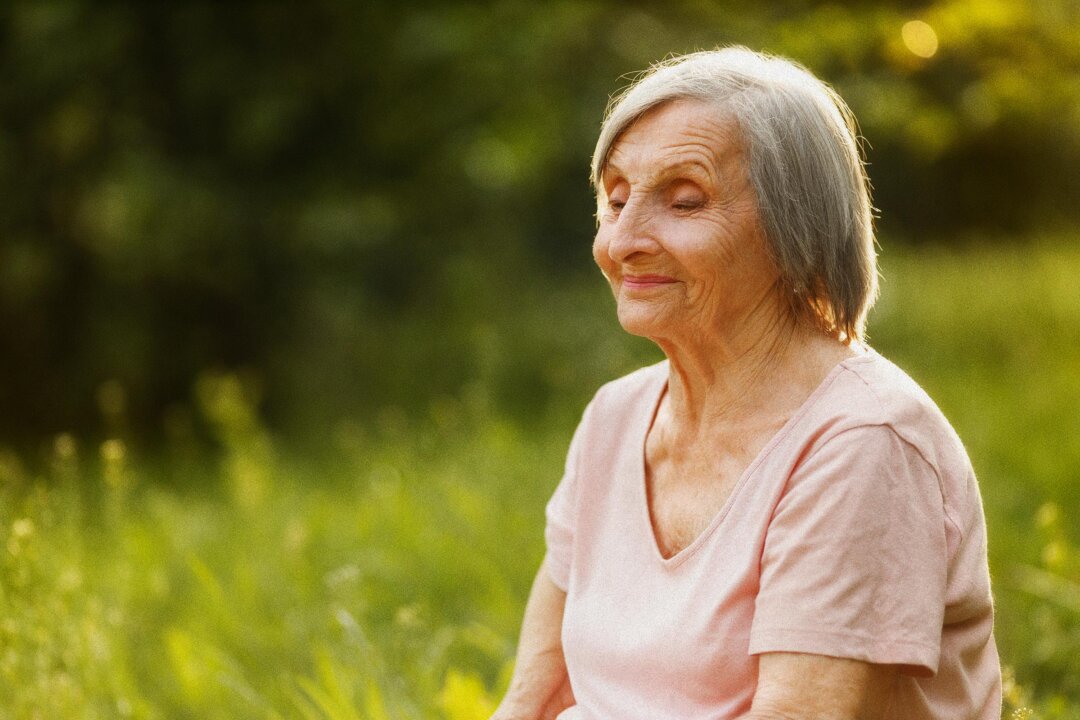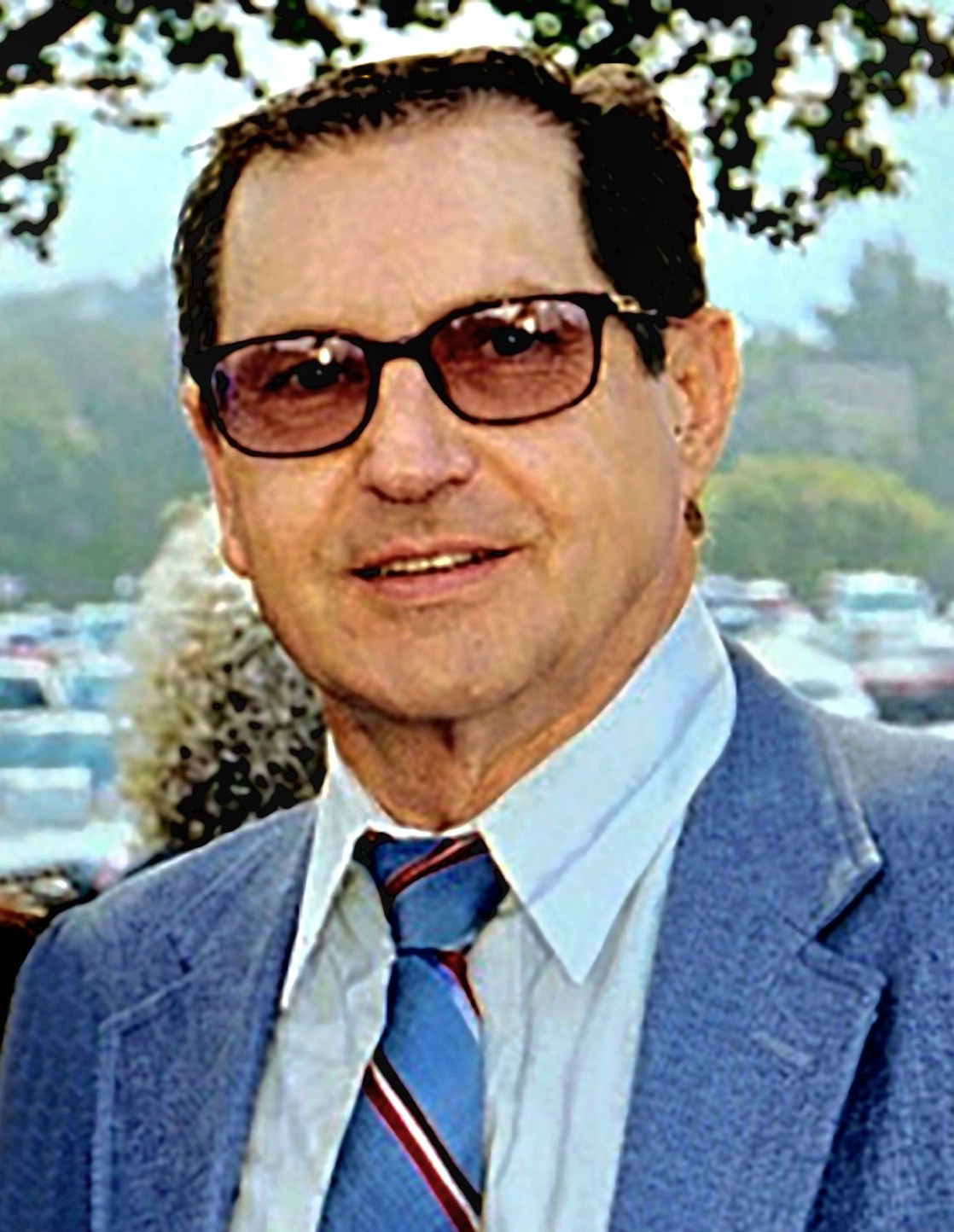A recent study from the University of Michigan reveals that a significant number of young adults in the United States are utilizing cannabis and alcohol as sleep aids. The research found that approximately 22% of young adults aged 19 to 30 have turned to these substances to aid their sleep, with cannabis being the more commonly used option. Published in JAMA Pediatrics, the study highlights both the prevalence of this practice and the potential risks associated with it.
The study analyzed data from the long-standing Monitoring the Future (MTF) Panel Study, which tracks the drug use and health behaviors of American youth. This comprehensive survey involved nearly 1,500 participants and found that around 18% of respondents had specifically used cannabis for sleep in the past year, while about 7% reported using alcohol for the same purpose. Notably, among those who used cannabis, approximately 41% indicated they had utilized it to help them sleep, compared to nearly 9% of regular alcohol users.
Understanding the Trend and Its Implications
Sleep disturbances are a common concern, with a 2022 study estimating that nearly 30% of U.S. adults experience difficulties sleeping. This figure rises to 23% among adults aged 20 to 39, making it understandable that many young people resort to cannabis and alcohol for relief.
While these substances may provide short-term solutions for sleep issues, the researchers caution about the long-term implications. Regular use of cannabis and alcohol can lead to habituation, requiring individuals to consume larger doses over time to achieve the same effects. This cycle increases the risk of developing substance use disorders, which can complicate efforts to stop using these substances, as withdrawal symptoms often include insomnia.
Addressing Health Risks and Raising Awareness
The findings underscore the importance of healthcare providers understanding the link between substance use and sleep problems among young adults. The researchers advocate for increased awareness among clinicians, suggesting that this could facilitate early intervention and support before sleep issues or substance use habits escalate into more significant health problems.
They emphasize that recognizing the intersection of substance use and sleep difficulties is vital for screening and developing effective clinical interventions. As the reliance on cannabis and alcohol for sleep becomes more prevalent, addressing these habits is crucial for ensuring the overall health of young adults.







